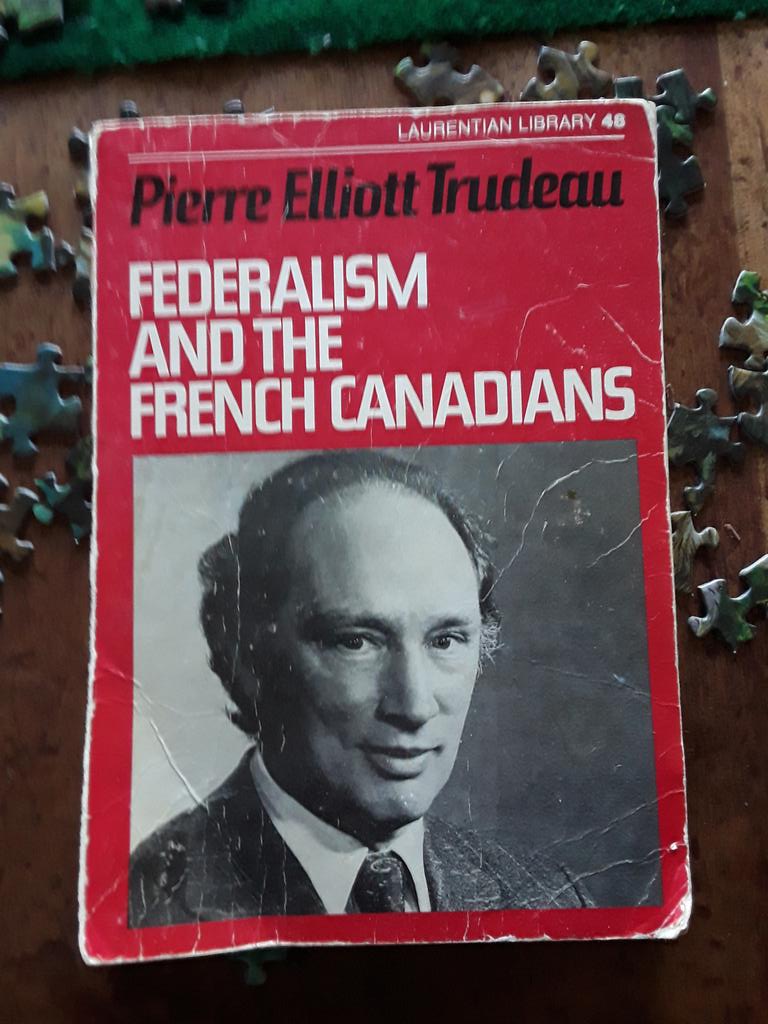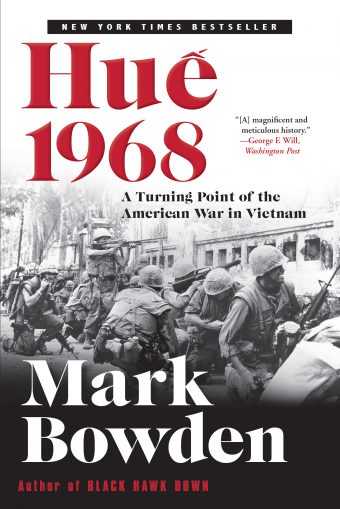 1. The myth of the strong leader by Archie Brown.
1. The myth of the strong leader by Archie Brown.
Archie Brown challenges the widespread belief that 'strong
leaders', dominant individual wielders of power, are the most successful and
admirable.
Within authoritarian regimes, a collective leadership is a
lesser evil compared with a personal dictatorship. Within democracies, although
‘strong leaders’ are seldom as strong or independent as they purport to be, the
idea that just one person is entitled to take the big decisions is harmful and
should be resisted.
Examining Franklin D. Roosevelt and Mikhail Gorbachev, Deng
Xiaoping and Nelson Mandela, Margaret Thatcher and Tony Blair amongst many
others, this landmark study pinpoints different types and qualities of
leadership. Overturning the popular notion of the strong leader, it makes us
rethink preconceptions about what it means to lead."
 Ian Brodie - former chief of staff to Prime Minister Stephen Harper and former
executive director of the Conservative Party of Canada - argues that the
various workings of the Prime Minister’s Office, the Privy Council Office, the
cabinet, parliamentary committees, and the role of backbench members of
Parliament undermine propositions that the prime minister has evolved into the
role of an autocrat, with unchecked control over the levers of political power.
Ian Brodie - former chief of staff to Prime Minister Stephen Harper and former
executive director of the Conservative Party of Canada - argues that the
various workings of the Prime Minister’s Office, the Privy Council Office, the
cabinet, parliamentary committees, and the role of backbench members of
Parliament undermine propositions that the prime minister has evolved into the
role of an autocrat, with unchecked control over the levers of political power.Drawing on a vast body of work on governance and the role of the executive branch of government, At the Centre of Government is a fact-based primer on the workings of Canadian government and sobering second thoughts about many proposals for reform.
By January 1968, despite an influx of half a million
American troops, the fighting in Vietnam seemed to be at a stalemate. Yet
General William Westmoreland, commander of American forces, announced a new
phase of the war in which “the end begins to come into view.” The North
Vietnamese had different ideas. In mid-1967, the leadership in Hanoi had
started planning an offensive intended to win the war in a single stroke. Part
military action and part popular uprising, the Tet Offensive included attacks
across South Vietnam, but the most dramatic and successful would be the capture
of Hue, the country’s cultural capital. At 2:30 a.m. on January 31, 10,000
National Liberation Front troops descended from hidden camps and surged across
the city of 140,000. By morning, all of Hue was in Front hands save for two
small military outposts.
With unprecedented access to war archives in the U.S. and
Vietnam and interviews with participants from both sides, Bowden narrates each
stage of this crucial battle through multiple points of view. Played out over
twenty-four days of terrible fighting and ultimately costing 10,000 combatant
and civilian lives, the Battle of Hue was by far the bloodiest of the entire
war. When it ended, the American debate was never again about winning, only
about how to leave. In Hue 1968, Bowden masterfully reconstructs this
pivotal moment in the American War in Vietnam.
4. A fishery for modern times: the state and the industrialization of the Newfoundland fishery, 1934–1968 by Miriam Wright.
In A Fishery for Modern Times, Miriam Wright argues that the recent troubles in the fishery can be more fully understood by examining the rise of the industrial fishery in the mid-twentieth century. The introduction of new harvesting technologies and the emergence of 'quick freezing', in the late 1930s, eventually supplanted household production by Newfoundland's fishing families. While the new technologies increased the amount of fish caught in the northwest Atlantic, Wright argues that the state played a critical role in fostering and financing the industrial frozen fish sector. Many bureaucrats and politicians, including Newfoundland's premier, Joseph Smallwood, believed that making the Newfoundland fishery 'modern', with centralization, technology, and expertise, would transform rural society, solving deep-seated economic and social problems.
examines the ways in which the state, ideologies of development, and political, economic, and social factors, along with political actors and fishing company owners, contributed to the expansion of the industrial fishery from the 1930s through the 1960s. While the promised prosperity never fully materialized, the continuing reliance on approaches favouring high-tech, big capital solutions put increasing pressure on cod populations in the years that followed. As Wright concludes, 'We can no longer afford to view the fisheries resources as "property" of the state and industry, to do with it as they choose. That path had led only to devastation of the resource, economic instability, and great social upheaval.'
What if it is not our political system that is broken, but our understanding of it?
Everybody thinks that it’s the system that’s broken in politics; but what if it’s not the system that’s broken but rather our understanding of it? What if everyone’s proposals to make the system “more democratic” only wind up making things worse, and weaken our systems of accountability so much as to make them meaningless? What if it’s our own ignorance that is killing democracy in this country?
Dale Smith looks at the critical gaps in civic literacy that have become endemic within Canadian political culture, wading through buzzwords and meaningless proposals to suggest real solutions. Designed for the lay reader, The Unbroken Machine seeks to explore our lack of civic literacy and show how our system of democracy should work — if only we were to engage with it the way it was meant to be.6. We all expected to die: Spanish influenza in Labrador, 1918-1919 by Anne Budgell.
At the end of World War I, after four years of unimaginable man-made destruction, a swiftly killing virus travelled the planet. Up to one hundred million people perished in the most lethal pandemic in recorded history, the so-called “Spanish” influenza. More than half those who died were young adults aged between twenty and forty.
Nowhere on earth was the flu more deadly than in isolated settlements on the far northeastern coast of North America. In We All Expected to Die: Spanish Influenza in Labrador, 1918–1919 Anne Budgell reconstructs the horrific impact of the pandemic in hard-hit Labrador locations, such as the Inuit villages of Okak and Hebron where the mortality rate was 71%. Using the recollections of survivors, diaries kept at the time, Hudson’s Bay Company journals, newspaper reports, and government documents, this powerful and uncompromising book tells the story of how the flu travelled to Labrador and wreaked havoc there. It examines how people dealt with the emergency, when all were sick and few were well enough to care for others, and how authorities elsewhere refused to provide assistance. The story We All Expected to Die reveals is both devastating and haunting. It is a story of great loss, but also of human endurance, heroism, and survival.
7. Federalism and the French Canadians by Pierre Trudeau
 A collection of essays that appeared originally in Cite Libre.
A collection of essays that appeared originally in Cite Libre.
